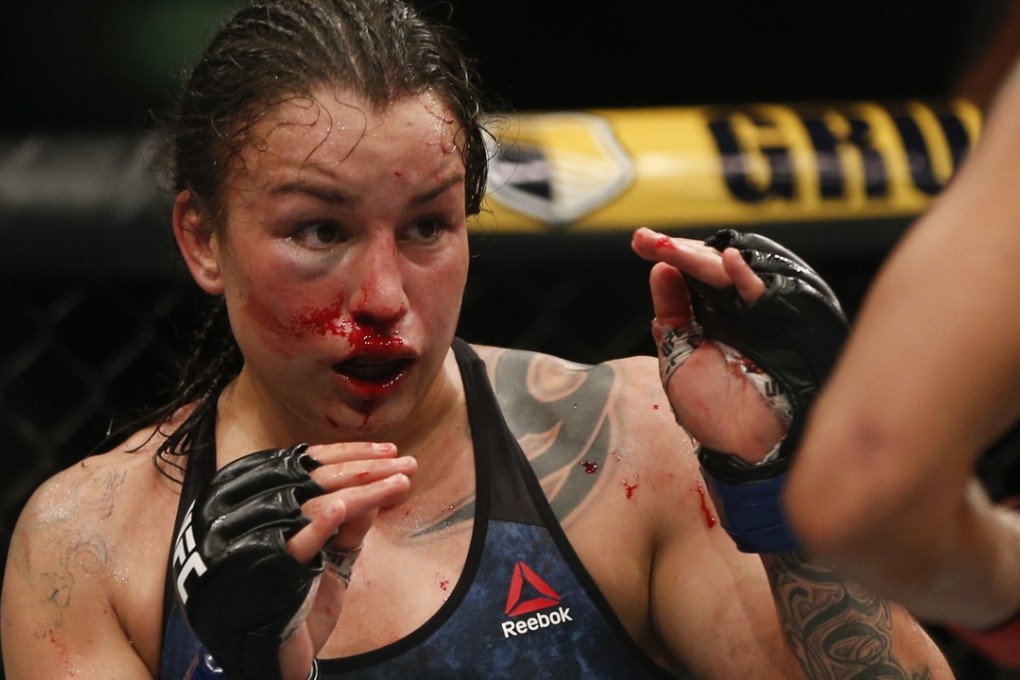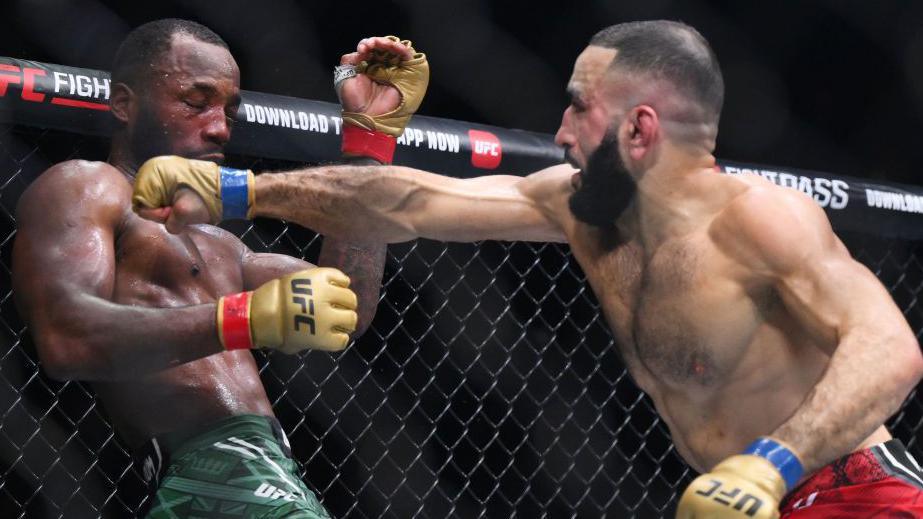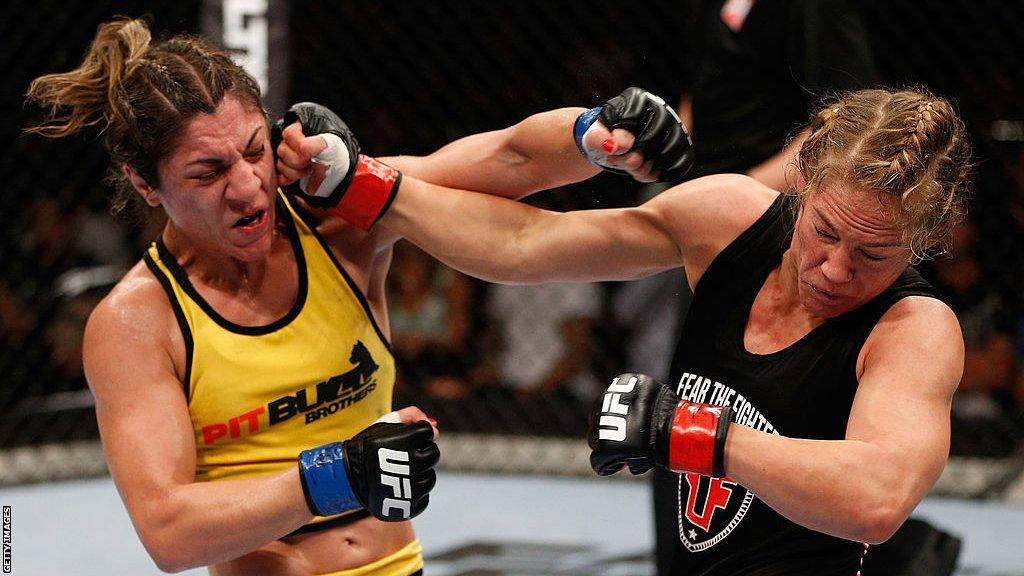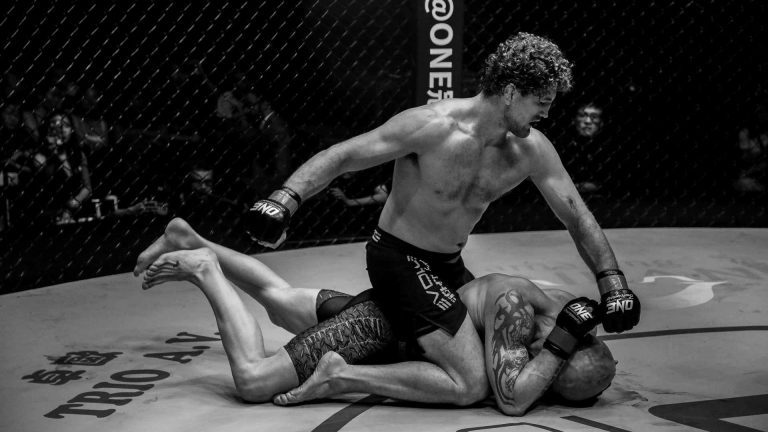When you watch a UFC fight, the intensity is palpable. The atmosphere crackles with energy, and you can feel the anticipation building as fighters prepare to engage. But have you ever wondered why do UFC fighters keep punching, even when it seems like they should take a break? This question digs deeper than just physical endurance; it touches on strategy, psychology, and the very essence of competition. In this article, I’ll explore the multifaceted reasons behind this relentless assault, revealing insights that will not only enhance your understanding of mixed martial arts (MMA) but also offer a glimpse into the mindset of these elite athletes.
The Nature of Combat Sports
Understanding the Fight Game
Combat sports, particularly MMA, are unique in their blend of physical prowess, mental acuity, and strategic planning. Fighters train for years to perfect their skills, focusing on various disciplines like boxing, Brazilian jiu-jitsu, wrestling, and Muay Thai. Each of these disciplines contributes to their overall fighting style, making them versatile and adaptable in the octagon.
The Importance of Striking
Striking is a crucial component of MMA. It encompasses punches, kicks, elbows, and knees, and is often the most visually captivating aspect of a fight. A fighter’s ability to strike effectively can dictate the pace and flow of the match. But why do UFC fighters keep punching even when they could potentially retreat or defend?

The Psychology of Punching
Adrenaline and the Fight-or-Flight Response
One of the primary reasons UFC fighters keep punching is the role of adrenaline. When faced with an opponent, the body reacts with a surge of adrenaline, heightening awareness and energy levels. This physiological response can lead fighters to push beyond their limits, opting to engage rather than retreat.
The Mindset of a Fighter
Many fighters possess a warrior mentality. They thrive on competition and often feel an innate drive to prove themselves. This mindset fuels their desire to keep punching, as they view each strike as an opportunity to assert dominance or turn the tide of the fight.
The Fear of Losing
The fear of losing can be a powerful motivator. Fighters know that hesitation can lead to defeat, and maintaining an offensive strategy often keeps them in control of the fight. By continuously attacking, they can disrupt their opponent’s rhythm and create openings for finishing moves.
The Strategic Component of Punching
Setting Up the Finish
In MMA, every punch serves a purpose. Fighters often use strikes not just to inflict damage but also to set up more significant moves. For instance, a well-timed jab can create openings for a powerful right hook or a takedown. This strategic layering of attacks is why UFC fighters keep punching; they are not merely throwing punches but are actively working toward a finish.
Gauging Opponent Reactions
Another reason fighters keep punching is to gauge their opponent’s reactions. By continuously attacking, they can learn how their opponent responds under pressure. This information is invaluable, allowing them to adapt their strategy in real-time and exploit any weaknesses.
Maintaining Pressure
Keeping the pressure on an opponent can lead to mistakes. When a fighter is on the defensive, they are more likely to make errors, which can be capitalized on. By maintaining a steady barrage of punches, UFC fighters can force their opponents into a reactive state, making them less effective.

The Physical Toll of Punching
Conditioning and Endurance
UFC fighters are some of the most physically conditioned athletes in the world. Their training regimens include extensive cardiovascular work, strength training, and skill development. This conditioning allows them to maintain a high level of activity, which is crucial when they keep punching throughout a fight.
The Impact of Fatigue
However, fatigue is a real concern. As the rounds progress, fighters may feel the toll of continuous striking. Despite this, many fighters have learned to push through the fatigue, relying on sheer willpower and mental toughness to keep delivering punches.
Recovery and Strategy
Fighters often have strategies in place to manage their energy levels. They may alternate between aggressive striking and defensive maneuvers, allowing them to recover while still applying pressure. This balance is key to maintaining effectiveness over multiple rounds.
The Role of Training and Preparation
Sparring and Simulation
Training for a UFC fight involves extensive sparring sessions that simulate real fight conditions. Fighters practice their striking techniques under pressure, learning to keep punching even when fatigued or facing adversity. This preparation builds resilience and confidence, making it easier for them to maintain their offensive strategy during actual fights.
Mental Conditioning
Mental conditioning is just as crucial as physical training. Many fighters work with sports psychologists to develop mental toughness and resilience. Techniques such as visualization and positive self-talk can help fighters push through tough moments in a fight, reinforcing their tendency to keep punching.

Common Misconceptions About Punching in UFC
It’s All About Power
One common misconception is that UFC fighters rely solely on power when they punch. While power is important, technique, timing, and accuracy are equally crucial. Fighters are trained to strike efficiently, maximizing the impact of each punch without wasting energy.
Fighters Are Always Aggressive
Another misconception is that fighters are always aggressive. While many fighters adopt an aggressive style, others may prefer a more strategic approach, waiting for the right moment to strike. The decision to keep punching often depends on the fighter’s style and the dynamics of the fight.
Punching Is Random
Some people believe that fighters throw punches randomly. In reality, every punch is calculated and serves a purpose. Fighters are constantly assessing their opponent’s movements and adjusting their strategy accordingly.
Frequently Asked Questions About Why UFC Fighters Keep Punching
1. Why do UFC fighters punch continuously?
UFC fighters punch continuously to maintain pressure on their opponents, create openings for significant strikes, and gauge their opponent’s reactions.
2. Does fatigue affect a fighter’s ability to keep punching?
Yes, fatigue can impact a fighter’s performance. However, many fighters train to push through fatigue and maintain their offensive strategy.
3. How does adrenaline influence a fighter’s performance?
Adrenaline heightens awareness and energy levels, allowing fighters to push beyond their limits and engage more aggressively.
4. Is punching the only way to win a fight in UFC?
No, while striking is essential, fighters can also win through submissions, takedowns, and other grappling techniques.
5. Do fighters have strategies for managing their energy during a fight?
Yes, fighters often alternate between aggressive and defensive tactics to manage their energy levels and maintain effectiveness throughout the fight.
Conclusion
Understanding why UFC fighters keep punching reveals the intricate blend of psychology, strategy, and physical conditioning that defines the sport. The relentless nature of their attacks is not just about aggression; it’s a calculated approach to dominate their opponent and secure victory. As fans, we can appreciate the depth of skill and mental fortitude required to excel in the octagon.
If you’re inspired by the resilience and determination of these fighters, consider exploring more about MMA, whether through training, watching fights, or engaging with the community. Every punch tells a story, and every fight is a testament to human spirit and perseverance.


